- Home
- personal finance
- 11 Personal Finance Books You Should Read Before You Turn 30
11 Personal Finance Books You Should Read Before You Turn 30
"The Millionaire Next Door" by Thomas J. Stanley and William D. Danko

"The Investment Answer" by Daniel Goldie and Gordon Murray
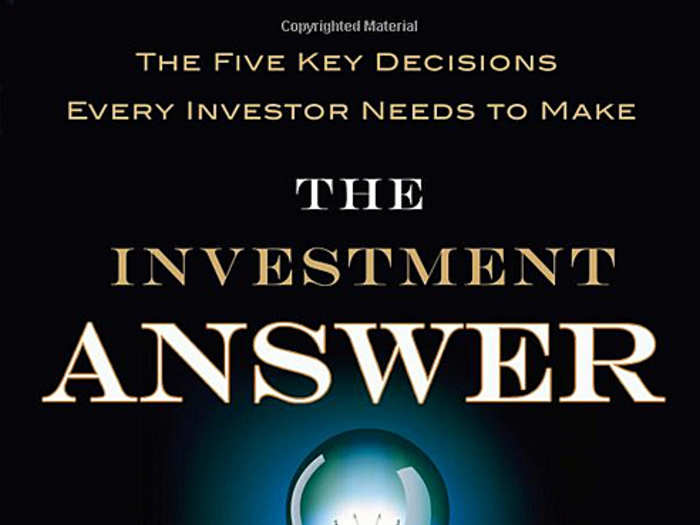
In "The Investment Answer," Goldie and Murray provide a general guide to investing by focusing on five decisions every investor has to make. These include whether to invest alone or with a professional; how to allocate among stocks, bonds, and cash; and when to sell or buy assets.
Why it's great for young people:
"Investing is an important part of personal finance for everybody, but most people hate reading about investing," says David Welliver, editor of MoneyUnder30.com. "This brief, easy-to-read book is the most approachable investing book I've come across. There are plenty of other good investing books for those that want to get their hands dirty, but for anybody who doesn't, this is the book to read."
"I Will Teach You To Be Rich" by Ramit Sethi
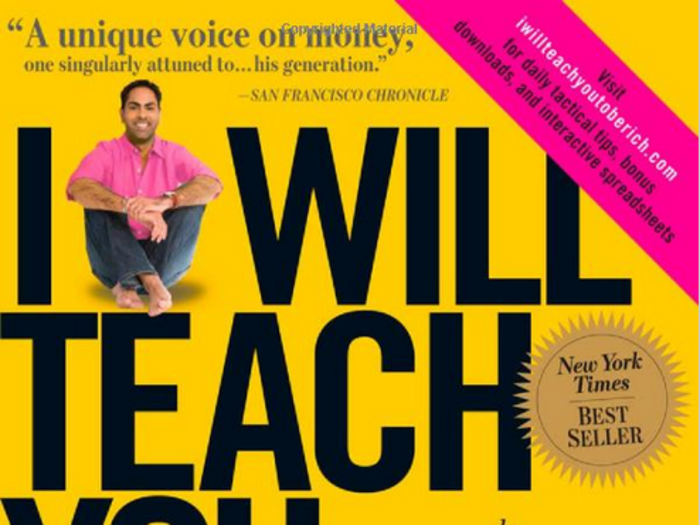
In a breezy, irreverent style, Sethi lays out a serious six-week personal finance program for 20- to 35-year-olds who want to master their money with the least amount of effort and then get on with their lives.
Why it's great for young people:
"'I Will Teach You To Be Rich' is hands down the BEST book out there for the younger generation," says "J. Money" from RockstarFinance.com. "It’s funny, educational, and full of exact 'how tos.' And a super easy one at that — which anyone with A.D.D. can appreciate (like me!)."
"Thinking, Fast and Slow" by Daniel Kahneman
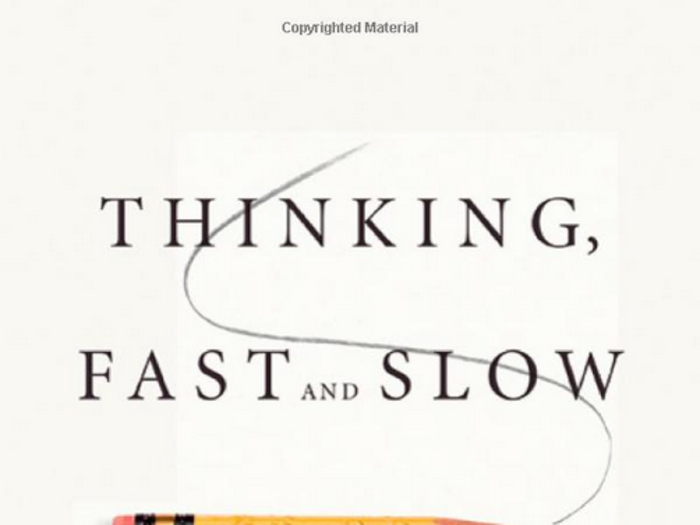
The Nobel-winning behavioral economist takes readers on a tour of the mind and explains the two systems that drive the way we think — one fast and emotional, the other slow and logical — offering practical insights into how we make choices in both our business and our personal lives.
Why it's great for young people:
"Personal finance is really nothing but a series of decisions," says Meg Marco, executive editor of Consumerist. "'Thinking, Fast and Slow' will help readers understand what drives them to make the choices they make," she says, and allows them "access to insights about how the brain works, which can have a profound effect on the decision-making process."
"The Automatic Millionaire: A Powerful One-Step Plan to Live and Finish Rich" by David Bach
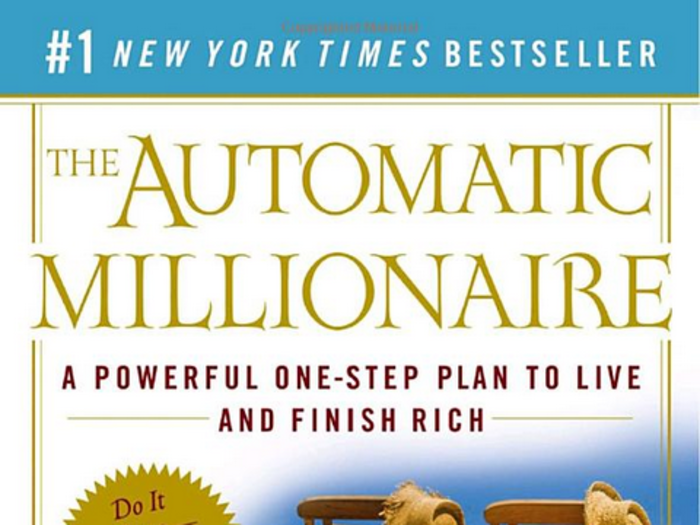
Bach delivers a practical, straight-forward guide to financial security that starts and ends with the maxim: "Pay yourself first." Before worrying about taxes or investing or budgeting, focus on paying yourself for the work you do every day by putting it aside to be accessed later. Bach emphasizes the importance of using automated payroll deductions to avoid the temptation of using savings to pay today's bills.
Why it's great for young people:
"I really appreciate how specific David gets in the book and how simple he keeps the message," writes Philip Taylor at PTMoney. "I’d recommend 'The Automatic Millionaire' to anyone looking for some practical application on simplifying their finances and leaving behind, forever, any excuse for not saving."
"You're So Money: Live Rich, Even When You're Not" by Farnoosh Torabi
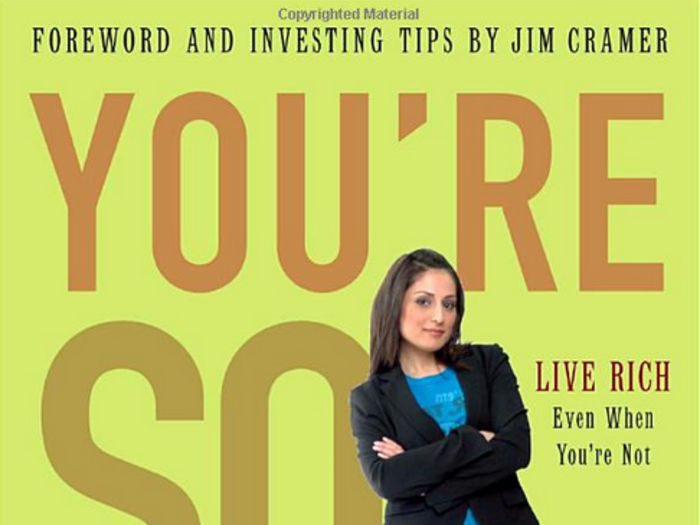
A savvy, realistic finance book written for those who are making entry-level pay but love their lattes and nights out with friends. Torabi teaches readers how to splurge without draining the bank and where to find easy places to save money to balance it out.
Why it's great for young people:
Torabi's book is funny, concise, and tackles the issues college grads are mostly likely to come across in their first few years handling their own finances. More importantly, says John Ulzheimer, a credit expert at CreditSesame.com, "You're So Money" "was written by someone who is actually IN the personal finance space and not just someone who churns out books, so she actually understands the things about which she writes."
"Debt-Free by 30: Practical Advice for the Young, Broke, and Upwardly Mobile" by Jason Anthony and Karl Cluck
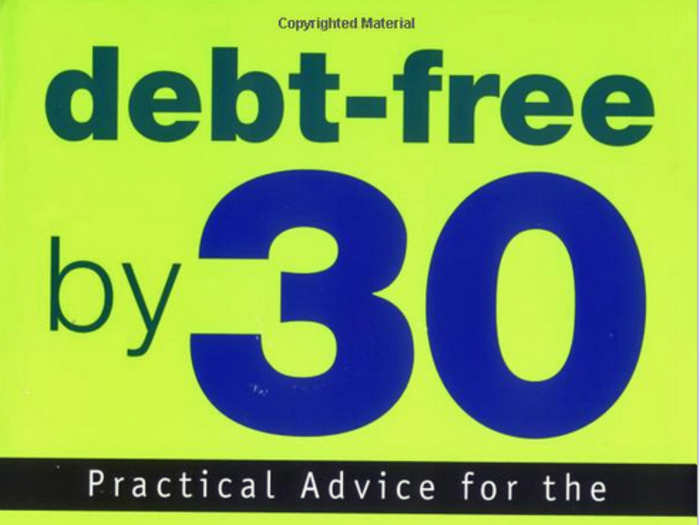
Written by two 20-somethings who found themselves drowning in debt, "Debt-Free by 30" describes their descent into debt and the methods they used to dig themselves out before their 30th birthdays.
Why it's great for young people:
"'Debt-Free By 30' covers the basics of prioritizing your debt, finding extra money to pay it down faster and handling situations in which you might be tempted to rack up more debt," writes Erin Burt at Kiplinger. "Methodically paying off your credit cards may not sound sexy, but this book will make you a believer and give you the tools to pull it off."
"The Money Book for the Young, Fabulous & Broke" by Suze Orman
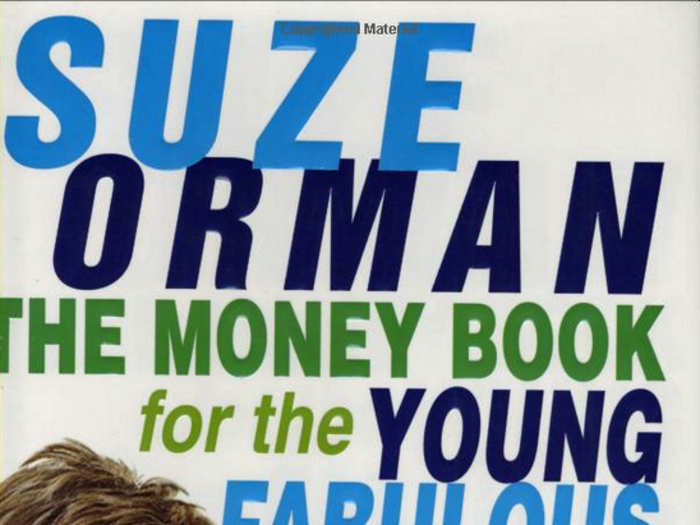
Tackling subjects like student loans, credit card debt, and the basics of insurance, "The Money Book" speaks directly to people having to deal with money issues and budgets for the first time.
Why it's great for young people:
"Most personal finance books seem to be written with the about-to-retire set in mind," writes Geoffrey James at Inc. "In this sprightly offering, TV star Suze Orman helps millennials navigate the basics of the financial world, like coping with huge student loans and a job market that, for young people, is nearly as dismal as the Great Depression."
"The Behavior Gap: Simple Ways to Stop Doing Dumb Things with Money" by Carl Richards
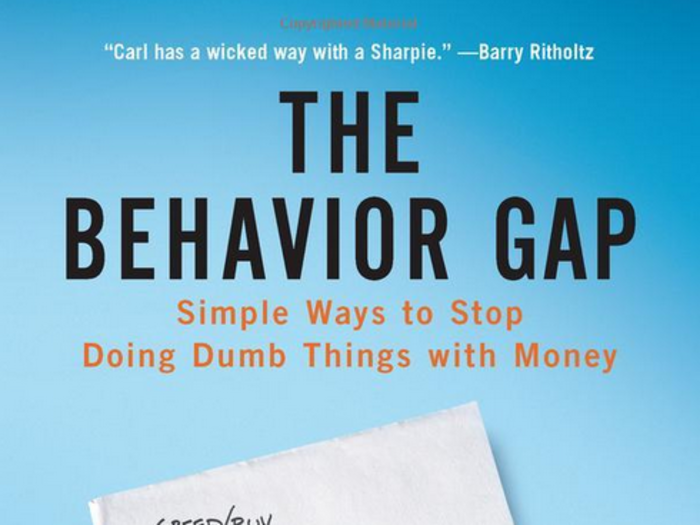
A financial planner by training, Richards focuses on the silly mistakes people make over and over again — spending money they don't have, buying high because everyone else is, buying things that aren't meaningful — and explains how our natural instincts lead us astray even when we know what we should be doing instead.
Why it's great for young people:
Using simple, funny situations any young person can relate to, "'The Behavior Gap' lays out why we make bad decisions with our money," says Motley Fool columnist Morgan Housel, "and offers easy tips and suggestions on how to change our behavior."
"The Psychology of Investing" by John Nofsinger
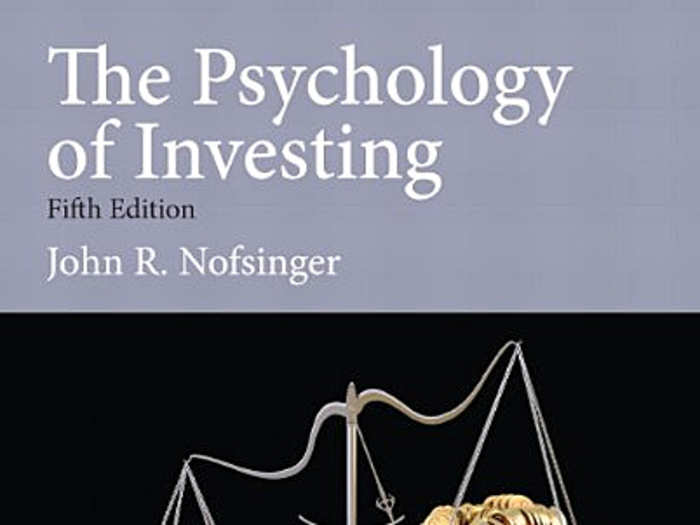
A professor of finance at Washington State University, Nofsinger delves into the ways psychology affects investors, giving a comprehensive overview of how to make smart investing decisions for those eager to try their hand at the market.
Why it's great for young people:
Starting to invest — and invest smartly — right out of college "is one of the fastest ways to obtain financial independence and maintain your standard of living in retirement," says Victor Ricciardi, a finance professor at Goucher College. To make sure his students understand the basics, Ricciardi teaches "The Psychology of Investing" in his behavioral finance course, "and my students definitely enjoy it," he says.
"Generation Debt: Take Control of Your Money" by Carmen Wong Ulrich
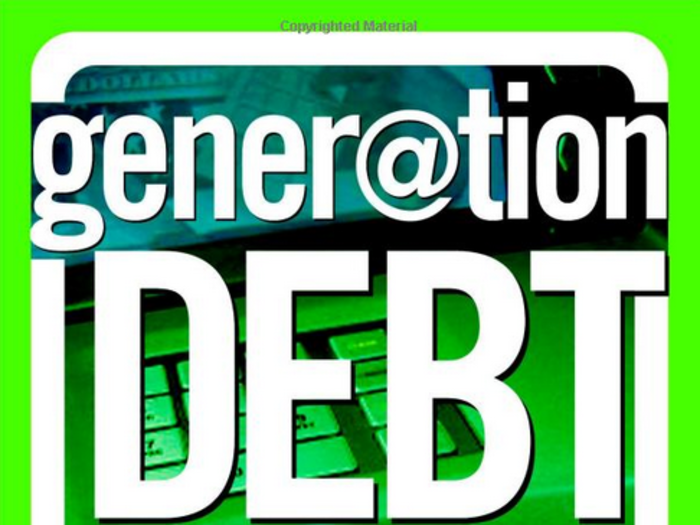
Former host of CNBC's daily personal finance show, "On the Money," Ulrich offers a step-by-step guide on how to budget your monthly expenses, avoid the pitfalls of high credit card interest rates, and find the best way to pay off student loans.
Why it's great for young people:
Kimberly Palmer, senior editor for U.S. News & World Report, recommends "Generation Debt" for 20-somethings "because it lays out how to overcome debt" and how to map out "an overall spending plan to create a healthy and stable financial life."
Now that you've mastered your finances...

Popular Right Now
Popular Keywords
Advertisement